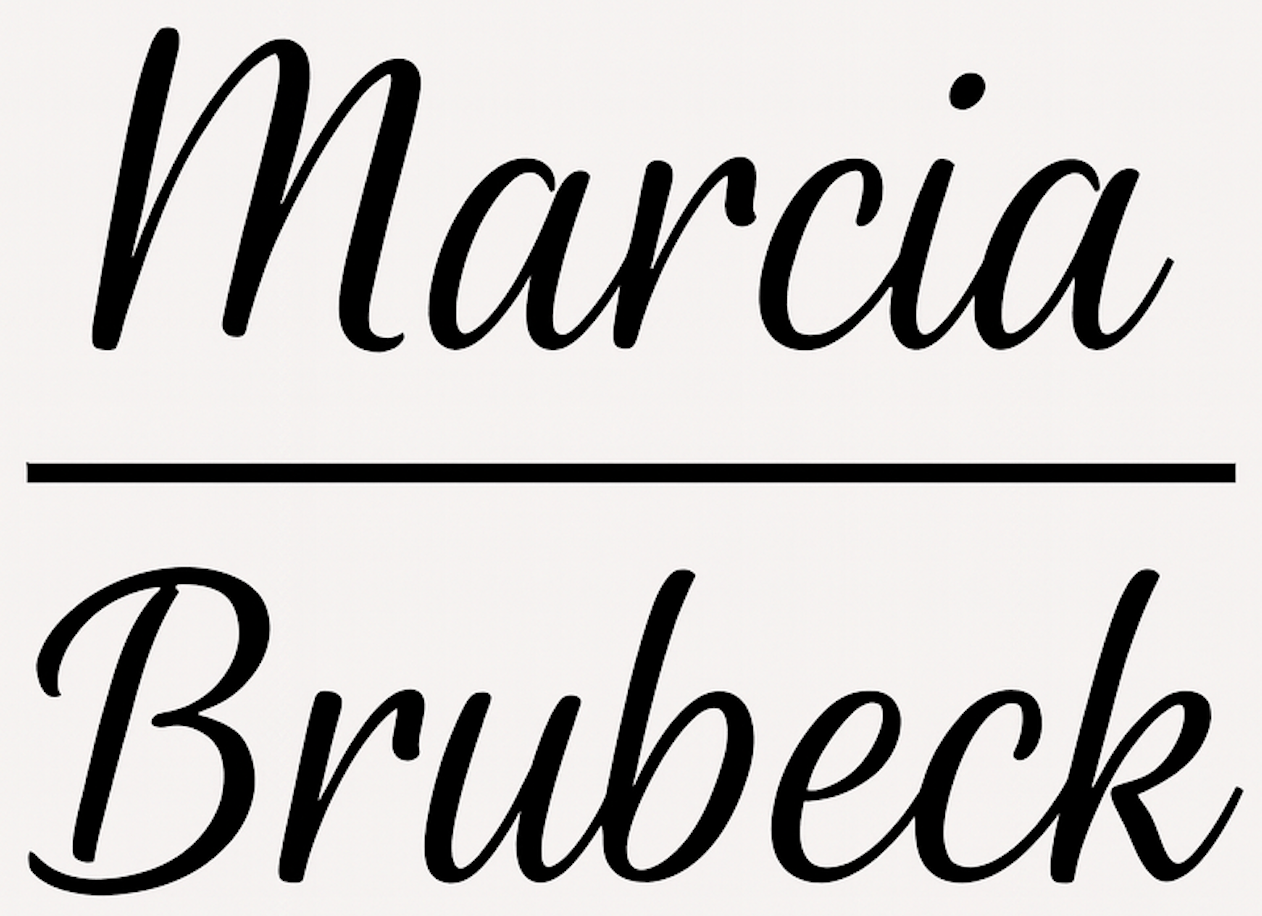
How to Find a Better Job
In America, one of the first questions adults ask one another is, “What kind of work do you do?” For most of us, our jobs are part of who we are. So how do you find something you enjoy doing that will be a good fit financially and in other respects as well? Here are some tips to get you started.
Ask yourself first how you feel about your life generally. Do you like your present home and your community? Do you like the part of the world where you are living? Is it the right mix of city and country? Are there cultural and recreational opportunities nearby? Is it a friendly place? Is the weather congenial? If you are dissatisfied, investigate places you might like better. It’s best to plan a move in conjunction with your search for work.
If you are married and have a family, the needs of others in your household will obviously have to be taken into account. Still, depending on what you are looking for, there’s an abundance of information online about different parts of the country and the world. When you find a place that piques your interest, check to see what sorts of work people do who live there.
If you are currently employed, what aspects of your present job, if any, do you like? Write down your answers. Also notice the parts of your job you wish you could do away with.
If you are currently employed, how do you feel about your office or work environment? Do you work best in solitude? Do you need quiet? Are you very task oriented? On the other hand, do you seek out coworkers throughout the day? Do you enjoy get-togethers at the water cooler and like to rub shoulders with other players on your team? Notice how you work best. What seems worth preserving? Which parts make you crazy?
If you’ve never had a satisfying full-time job or are feeling the need to reinvent yourself, you will want to start with some brainstorming. A few pointers can help.
Invite some of your favorite friends and relatives to sit on your personal advisory committee. Call a meeting and ask for suggestions. How do committee members see you and your abilities? What do they think you might be good at? Do they have contacts in the field they are suggesting? Do they have ideas about possibilities you could explore?
Reflect on your childhood and years spent in school. What were you good at? Usually the things we are good at are things we enjoy doing.
Were there activities you longed to try earlier in your life? Notice what they were. What can you find out about them now? Do they suggest to you any possible sources of gainful employment?
Go to the public library, and wander through the nonfiction stacks. Look at the spines of the books and watch as the subjects shade from one area into another. Notice when you feel tempted to pull a title off the shelf to take a closer look.
Once you have identified how you like to work and some of the activities or subject areas that appeal to you, see whether the combination of the two suggests possible jobs you might investigate.
Go the U.S. Department of Labor website and look at the Occupational Outlook. This vast index, updated every March, lists thousands of jobs. In each case it tells you what sorts of work are involved, what education or training is required, how much money people make in this field, and what the demand is projected to be for the foreseeable future. If you scroll down, you will also see links to other jobs that are somehow similar. You can spend hours reading about different occupations. The advantage of doing so is that the index will spark ideas that you might never otherwise have. Make notes.
Once you have an area of interest—architecture, book publishing, organic farming, whatever—conduct an online search. Are there people doing this work nearby? Can you find some experts to talk to? Ask if you can have an informational interview. Make it clear that you will be looking for information only, with no expectation of trying to land a job.
Offer to buy your expert coffee or lunch. Explain that you simply want to know how he or she got started, what background or qualifications are best, and any advice he or she might have to offer someone new to the field. Most people love talking about what they do and know. Informational interviews are a goldmine underused by those who want to launch a new career.
Convene your advisory committee from time to time as you conduct your investigation. Present your findings. Ask for feedback.
Consider volunteer opportunities as a way of learning about potential new employers or career possibilities. If a graduate or professional degree will be needed, test your interest by taking a foundational course. Don’t overlook the person teaching the course as a source of information about types of jobs and possible openings. Public universities often also have career planning offices and helpful advisers for new students.
Once you have narrowed the field and know what sort of job you want, don’t forget to go back to the Occupational Outlook for a glimpse of what the future holds. To prepare a resume that will meet a prospective employer’s expectations, find someone already in the field who can review your draft and make suggestions.
Find out all you can about the companies that interest you. See whether you can meet and chat informally with people who work there. Are there adequate opportunities for advancement? What is turnover like? The best workplaces have low turnover, because no one wants to leave. Does the company sound like a good place to be?
Pick clothes for the interview that will fit in with those worn by coworkers at your level. You want to look like the logical choice for the job. Practice your interview skills with your advisory committee. Remember that eye contact and close listening are always important. When the big day arrives and you go to make your pitch, don’t forget to sound enthusiastic, to say that you really want the job, and to ask what you could do to surpass your employer’s expectations.
When the interview is over, write a thank you letter to the person who spent time talking with you. If more than a week passes with no word, consider calling for an update on the hiring process.
Remember that the interview is not just a prospective employer’s evaluation of you. One new CEO at a first meeting with staff declared, “If you’re looking for loyalty, get a dog!” If you are attentive to the details and the way the interview is conducted, you can learn a lot about the employer’s values and attitude toward the other people who work there.





